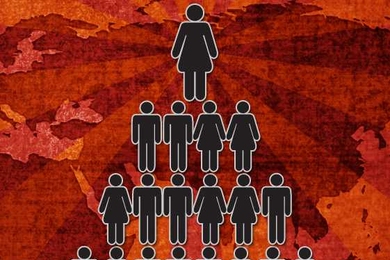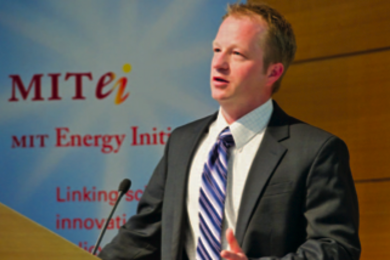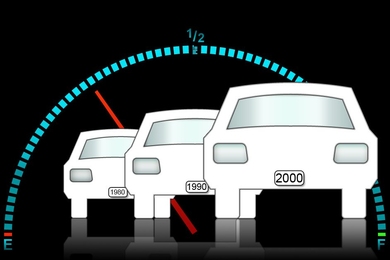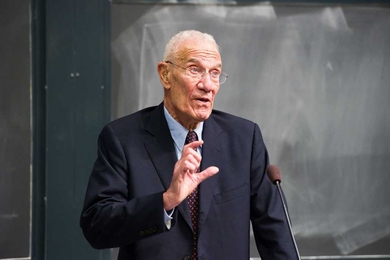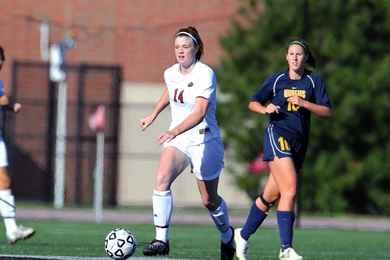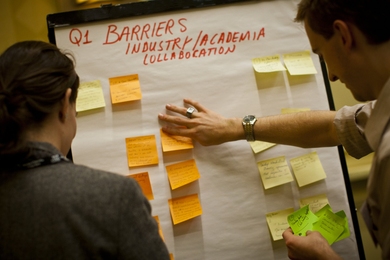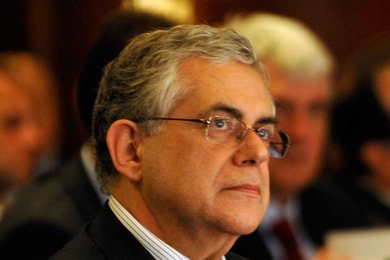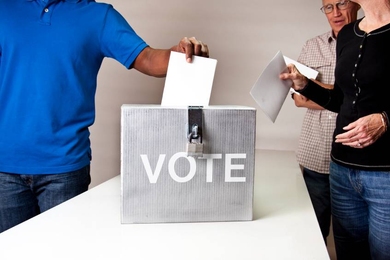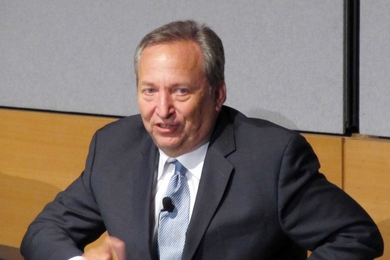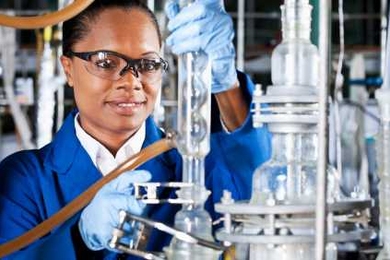The cost of tropical cyclones
New model finds climate change could expose North America, East Asia and the Caribbean to costly hurricane damage.
Leading by example
Study: The presence of female politicians boosts aspirations, educational achievement of young women.
The case of the missing gas mileage
Automakers have made great strides in fuel efficiency in recent decades — but the mileage numbers of individual vehicles have barely increased. An MIT economist explains the conundrum.
A shale gas revolution?
MIT report shows prosperous shale gas market could hurt future R&D, if we let it.
Kaitlyn Nealon named to Capital One Academic All-America Women's Soccer Team
Sophomore defender becomes fourth player in the history of the women's soccer program to earn honor.
Rebuilding American manufacturing
White House working group convenes at MIT to examine how new technologies can create economic growth and more jobs in the United States.
3 Questions: Michael Piore on labor disputes at the ballot box
Labor economist sizes up the impact and meaning of this week’s high-profile Ohio referendum to restore collective bargaining rights for public employees.
Summers: To end slump, United States must spend
In MIT remarks, former Treasury secretary calls for the ‘common sense’ cure of more government spending to spur growth.
Foster the people
At manufacturing conference, emphasis is on keeping high-skill jobs in the United States — and creating workers with the talents to fill those positions.



